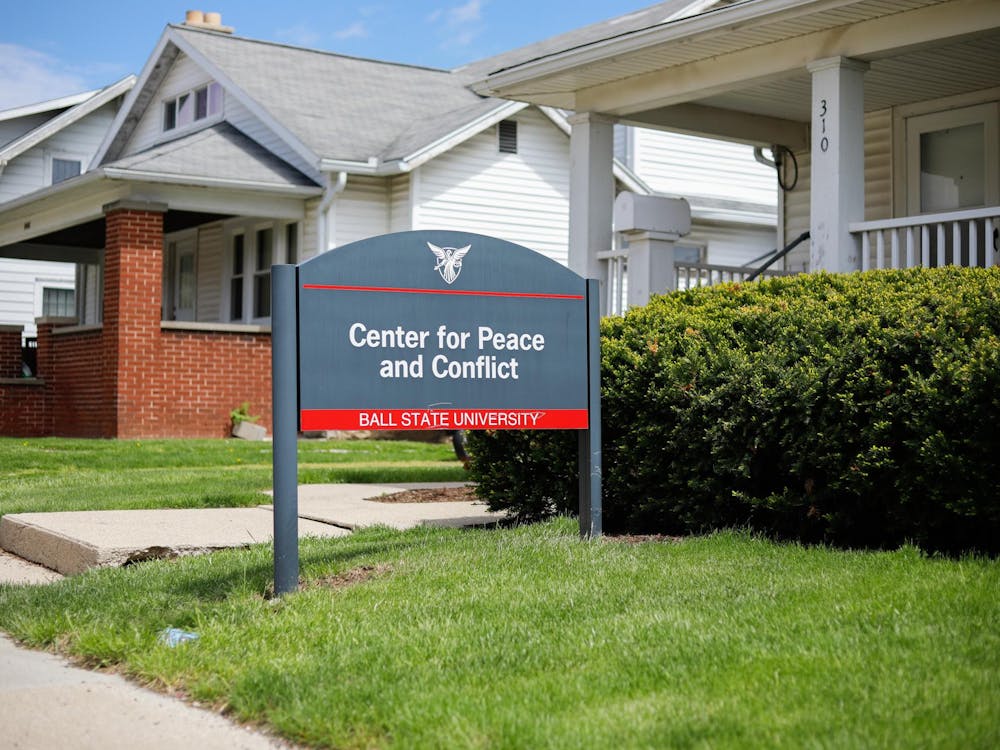For students who serve on the University Review Board, helping decide the punishments other students receive for breaking the Code of Student Rights and Responsibilities allows them to give back to Ball State.
The University Review Board is made up of faculty, professional staff and students who hear disciplinary cases for violations of the Code of Student Rights and Responsibilities and make a collective decision on the consequences.
According to Student Code 6.5.4 under University Review Board, the cases are referred by the Director of Student Rights and Community Standards or designee. A minimum of four members on the board hear a case a time. There must be two students and two faculty/professional staff.
“The students were nominated based on recommendations given from advisers in the Office of Student Life,” said Bryan Kubel, a senior marketing major who sits on the board.
Junior speech and language pathology major Chapin Virta said she received an email with an application for serving on the board during the winter of her sophomore year.
Students on the board are required to attend training sessions in which mock hearings are held in order to help students learn how to review evidence and determine sanctions.
Members of the board are emailed when a hearing has been scheduled. Those who are available during the time reply and are required to read through the specific documents for the case. There must be no conflicts of interest between the board and the person or case undergoing the hearing.
One member of the Hearing Board is chosen by the Office of Student Rights and Community Standards to chair the hearing in advance and serve as a voting member. The Director of Student Rights and Community Standards or their designee is a non-voter who is to be present at all hearings.
Virta said she enjoys serving on the University Review Board because it's very structured.
"Much like in the U.S. justice system, you present your case in front of a group of your peers and are given the opportunity to provide witnesses to testify on your behalf," Virta said.
Once the board makes the final decision, it is then passed on to the Director of Student Rights and Community Standards, who can accept the decision, modify the decision or refer back to the board for another decision.
Virta said it is sometimes hard deciding punishments for other students.
“It does make it tough to make the decisions sometimes because it is a real person and a real life you’re dealing with," Virta said. “Decisions can be hard to make sometimes, but they’re important to that person, how they continue their career and education, and it’s also important to the university and how we continue to function as a student body.”
She said sometimes board members approach the issue with different opinions, but after going through the information, the hearing and a good discussion among the board, it’s pretty easy to come to an agreement.
“This sense of a peer-based hearing is great because it gives students the opportunity to hold each other accountable for one’s actions,” Virta said. “It’s a great way to get involved and get to know some more administrators in the university … and feel like you have a say on campus and feel like you’re representing the entire student body.”





